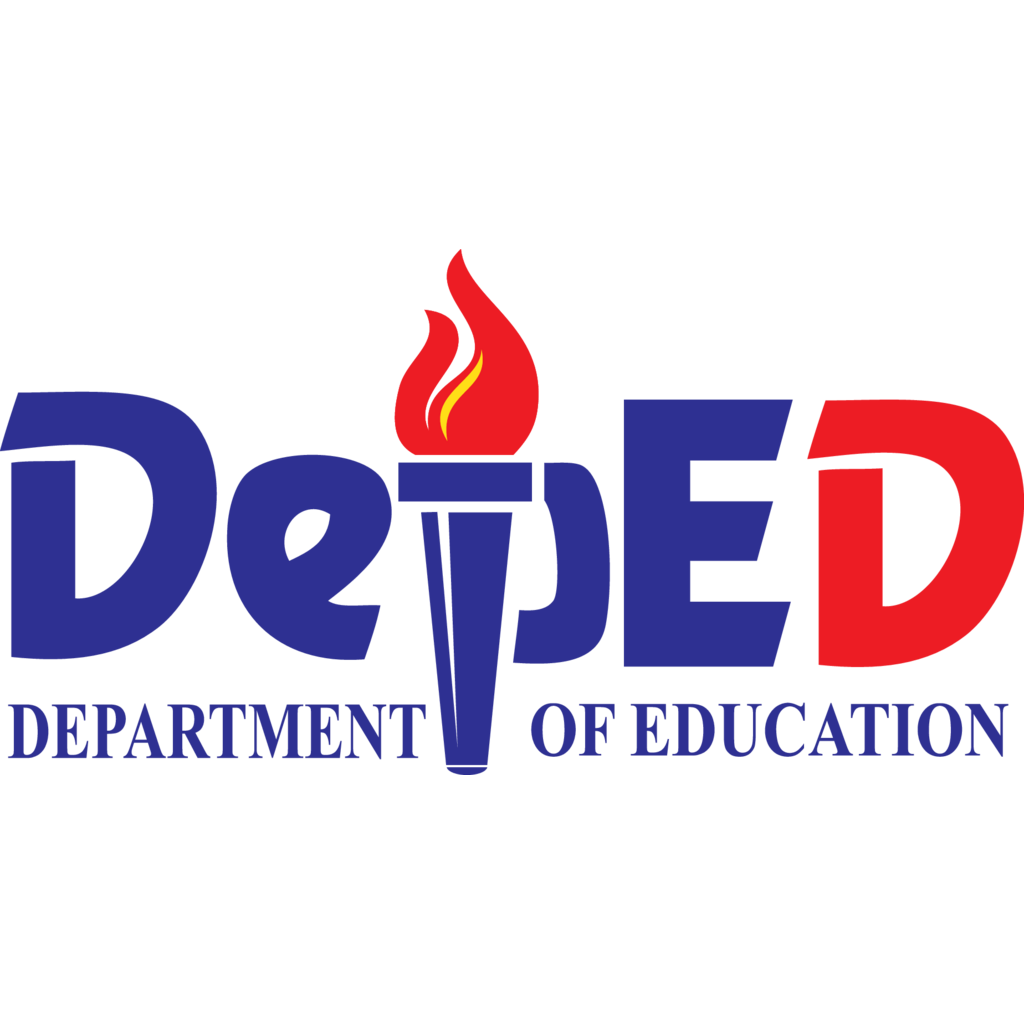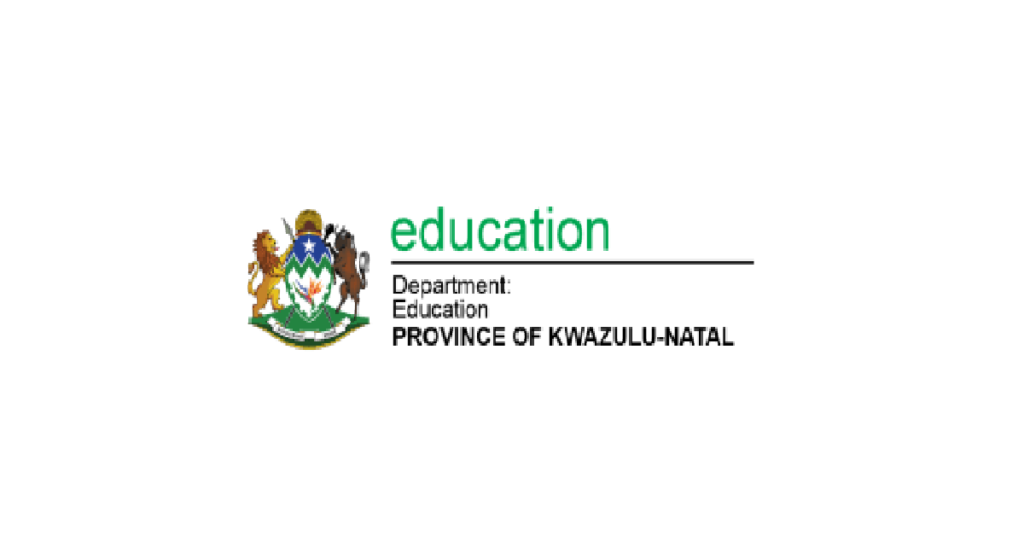Understanding the Department of Education is crucial for anyone interested in the structure and functioning of educational systems worldwide. Whether you're a parent, student, educator, or policymaker, this article will provide an in-depth exploration of the Department of Education and its role in shaping the educational landscape. The Department of Education plays a vital role in ensuring quality education and equal opportunities for all individuals.
The Department of Education is not just a government entity; it is a cornerstone of societal development. By setting standards, allocating resources, and implementing policies, the Department ensures that every learner receives the education they deserve. In this article, we will explore its functions, responsibilities, and impact on education systems.
Whether you're seeking to understand the Department's role in curriculum development, funding allocation, or educational reform, this guide is designed to answer all your questions. Let's delve into the world of education and uncover the significance of the Department of Education.
Read also:Louisville Vs Creighton Live An Indepth Analysis Of The Showdown
Table of Contents
- Overview of the Department of Education
- History of the Department of Education
- Key Functions of the Department of Education
- Curriculum Development and Standards
- Funding Allocation and Grants
- Education Reforms and Policies
- Challenges Faced by the Department of Education
- Technology and Innovation in Education
- Global Perspective on Education Departments
- The Future of the Department of Education
Overview of the Department of Education
The Department of Education is a governmental body responsible for overseeing educational systems and ensuring the delivery of quality education. It plays a pivotal role in shaping policies, allocating resources, and monitoring the performance of educational institutions. In this section, we will explore the primary objectives and responsibilities of the Department.
Role in Educational Systems
The Department's primary role is to establish and enforce educational standards that promote equity and excellence. By collaborating with schools, teachers, and other stakeholders, the Department ensures that all students have access to high-quality learning opportunities. Key responsibilities include curriculum development, teacher training, and assessment of educational outcomes.
Impact on Students and Educators
For students, the Department of Education ensures access to resources and support systems that enhance their learning experience. Educators, on the other hand, benefit from professional development programs and tools that improve teaching practices. Together, these efforts contribute to a robust educational ecosystem.
History of the Department of Education
The establishment of the Department of Education varies across countries, but its core mission remains consistent: to provide equitable and quality education for all. In the United States, the Department of Education was created in 1979 as a separate federal agency. Since then, it has undergone numerous reforms to adapt to changing societal needs.
Key Milestones
- 1979: Creation of the U.S. Department of Education as a standalone federal agency.
- 1983: Release of the report "A Nation at Risk," which highlighted the need for educational reform.
- 2001: Introduction of the No Child Left Behind Act to improve student achievement.
Key Functions of the Department of Education
The Department of Education performs a wide range of functions to ensure the effective functioning of educational systems. These functions are designed to address the needs of students, educators, and communities.
Curriculum Development
One of the primary functions of the Department is to develop and implement curricula that align with national standards. By setting clear guidelines for learning objectives, the Department ensures consistency and quality across educational institutions.
Read also:Mastering Espn Brackets Your Ultimate Guide To Success In College Basketball
Funding Allocation
Allocating funds to schools and educational programs is another critical function of the Department. Grants and financial aid programs help bridge the gap for underfunded schools and support initiatives aimed at improving educational outcomes.
Curriculum Development and Standards
Curriculum development is a cornerstone of the Department of Education's responsibilities. By setting standards and guidelines, the Department ensures that students receive a well-rounded education that prepares them for future challenges.
Core Subjects
The curriculum typically includes core subjects such as mathematics, science, language arts, and social studies. These subjects form the foundation of a student's education and are essential for their cognitive and social development.
Standards-Based Education
Standards-based education emphasizes measurable learning outcomes and ensures that students meet specific benchmarks. The Department of Education works closely with educators to implement these standards effectively.
Funding Allocation and Grants
Funding is a critical component of the Department of Education's operations. Through grants and financial aid programs, the Department supports schools and initiatives aimed at improving educational access and quality.
Types of Grants
- Formula Grants: Allocated based on specific criteria such as student enrollment.
- Discretionary Grants: Awarded based on competitive applications.
Impact of Funding
Adequate funding ensures that schools have the resources needed to provide quality education. It also supports initiatives aimed at reducing educational disparities and improving student outcomes.
Education Reforms and Policies
Education reforms are essential for addressing the challenges faced by educational systems. The Department of Education plays a leading role in developing and implementing policies that drive these reforms.
Recent Reforms
- Every Student Succeeds Act (ESSA): Replaces No Child Left Behind and gives states more flexibility in setting educational standards.
- Equity in Education: Initiatives aimed at reducing disparities in educational access and outcomes.
Policies for Inclusion
The Department of Education promotes inclusive policies that ensure equal access to education for all students, regardless of their background or abilities. These policies address issues such as special education, bilingual education, and support for marginalized communities.
Challenges Faced by the Department of Education
Despite its many achievements, the Department of Education faces numerous challenges in its mission to provide quality education for all. These challenges range from funding constraints to societal issues that impact educational outcomes.
Funding Constraints
Insufficient funding remains a significant challenge for many educational institutions. The Department works tirelessly to secure additional resources and advocate for increased investment in education.
Societal Issues
Issues such as poverty, inequality, and lack of parental involvement can hinder educational progress. The Department collaborates with community organizations and other stakeholders to address these challenges and create a supportive learning environment.
Technology and Innovation in Education
The integration of technology into education has transformed the way students learn and educators teach. The Department of Education supports the adoption of innovative technologies to enhance educational experiences.
Online Learning
Online learning platforms have become increasingly popular, providing students with flexible and accessible learning opportunities. The Department encourages the use of these platforms to expand educational access.
STEM Education
Science, Technology, Engineering, and Mathematics (STEM) education is a priority for the Department of Education. By promoting STEM programs, the Department aims to prepare students for careers in rapidly evolving fields.
Global Perspective on Education Departments
Education departments around the world share similar goals but face unique challenges based on their cultural and economic contexts. Understanding the global perspective on education departments can provide valuable insights into best practices and potential solutions.
Comparative Analysis
By comparing the functions and strategies of education departments in different countries, policymakers can identify effective approaches to educational reform. This analysis can inform the development of policies that address global educational challenges.
International Collaboration
International collaboration among education departments fosters the exchange of ideas and resources. By working together, countries can improve educational outcomes and promote global educational equity.
The Future of the Department of Education
The future of the Department of Education is shaped by emerging trends and challenges in the field of education. As technology continues to evolve and societal needs change, the Department must adapt to remain effective and relevant.
Emerging Trends
- Personalized Learning: Tailoring educational experiences to meet the unique needs of each student.
- Sustainability Education: Incorporating environmental awareness into curricula to address global challenges.
Preparing for the Future
To prepare for the future, the Department of Education must prioritize innovation, collaboration, and adaptability. By staying ahead of trends and addressing challenges proactively, the Department can continue to fulfill its mission of providing quality education for all.
Conclusion
In conclusion, the Department of Education plays a vital role in shaping the educational landscape and ensuring equitable access to quality education. From curriculum development to funding allocation and policy reform, the Department's functions are essential for the success of educational systems worldwide.
We encourage readers to engage with this content by leaving comments, sharing insights, or exploring other articles on our site. Together, we can contribute to a brighter future for education and the communities it serves.


